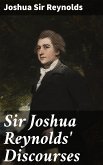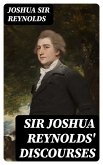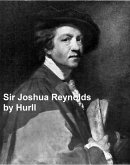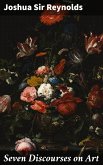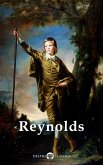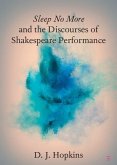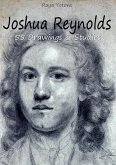Sir Joshua Reynolds' "Discourses" is a seminal collection of lectures delivered by the acclaimed British painter, offering profound insights into the principles of art and the role of the artist in society. Written in a reflective and eloquent prose style, the Discourses blend personal anecdotes with artistic theory, illuminating Reynolds' thoughts on the relationship between nature and artistic representation. Contextually, these lectures emerged during the 18th century, a pivotal era that embraced the Enlightenment ideals of reason and individual expression, positioning Reynolds as a key figure in shaping modern British art. Joshua Reynolds, a prominent portraitist and founding member of the Royal Academy, was influenced by a variety of artistic movements and thinkers, including Classical ideals and contemporary aesthetics. Born in 1723, his extensive travels and interactions with notable figures provided a rich tapestry of experience that informed his thoughts on artistic practice. Reynolds' commitment to elevating the profession of painting through education and intellectual discourse underscores the significance of the "Discourses" in art history. This work is a must-read for art enthusiasts, aspiring artists, and scholars seeking to understand the theoretical foundations of Western art. Reynolds'Äô blend of practical wisdom and philosophical musings serves as both an inspiration and a guide, making the "Discourses" not only a historical artifact but a timeless resource for cultivating an appreciation of art.
Dieser Download kann aus rechtlichen Gründen nur mit Rechnungsadresse in A, B, BG, CY, CZ, D, DK, EW, E, FIN, F, GR, H, IRL, I, LT, L, LR, M, NL, PL, P, R, S, SLO, SK ausgeliefert werden.



